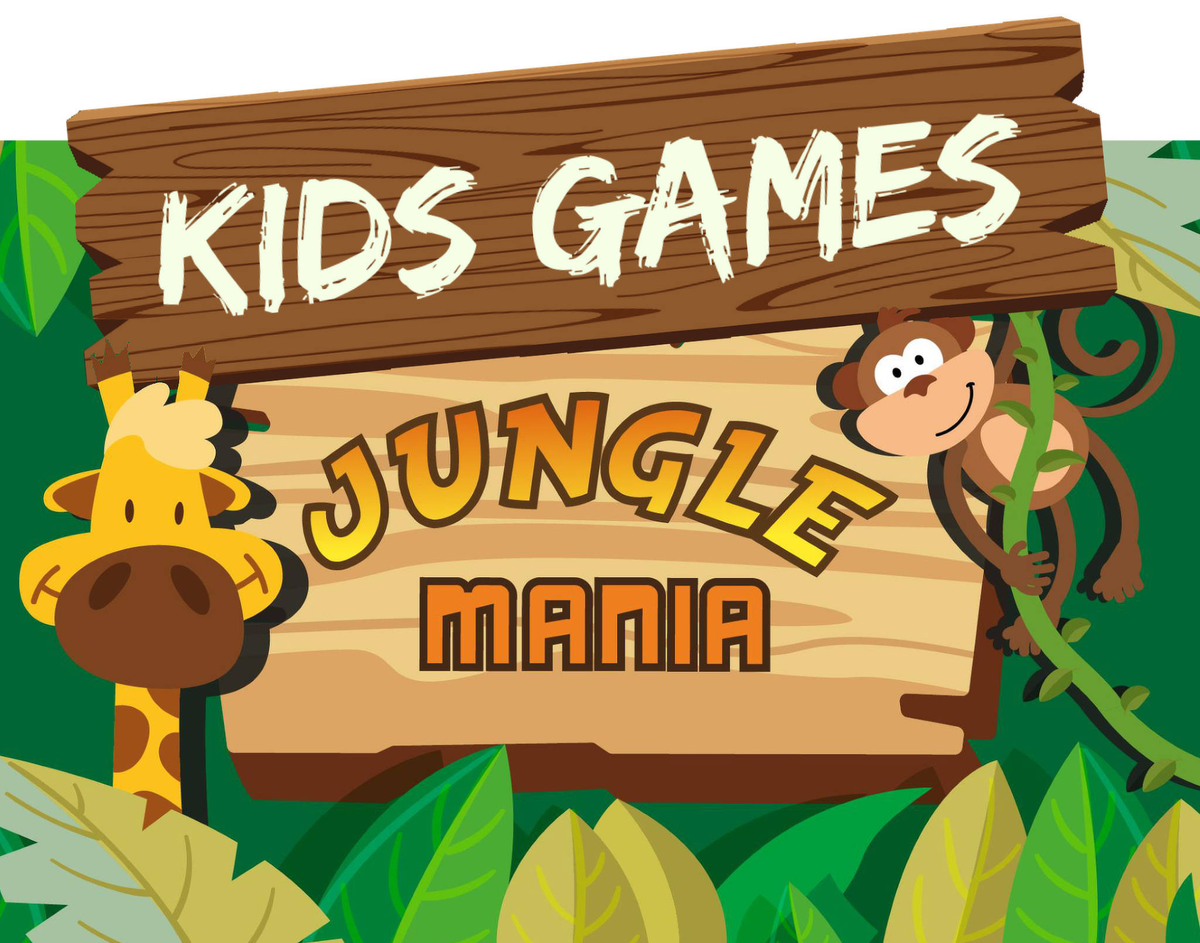Whole School News
Bus Arrives!
National Child Protection Week
Photography Competition
Walcha Council Holiday Activities
NW & NT Local Land Services - Workshop days
Combined Walcha Churches Kids & Youth Games

Whole School News
Bus Arrives!
National Child Protection Week
Photography Competition
Walcha Council Holiday Activities
NW & NT Local Land Services - Workshop days
Combined Walcha Churches Kids & Youth Games
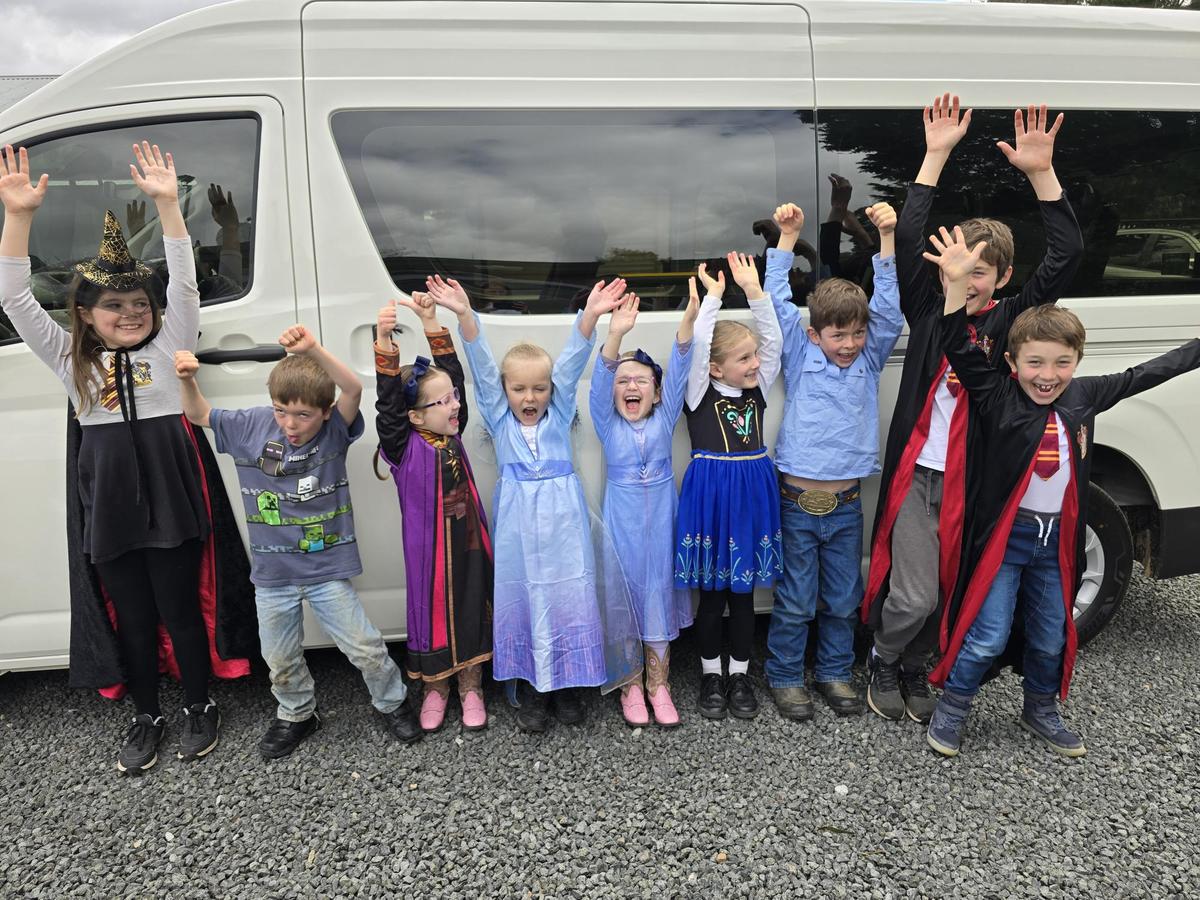

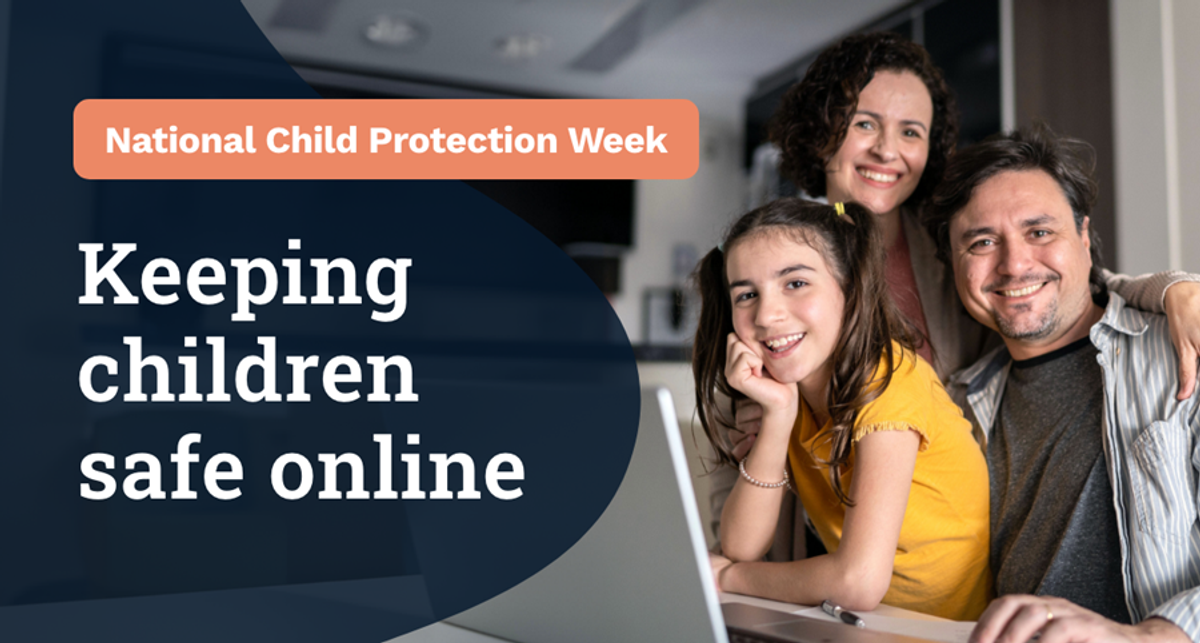

It’s National Child Protection Week, and this year’s theme, “Every Conversation Matters”, is a timely reminder of how powerful everyday chats with children can be – especially when it comes to their online lives.
The online world offers incredible opportunities but also has its share of risks we need to educate children about. Think of it like teaching a child to ride a bike. You wouldn’t send them off without practice or a helmet. The same goes for the online world – we need to ensure children are prepared and protected before they start navigating it on their own.
Being online has benefits and risks, just like any other childhood activity such as riding a bike or swimming. So as soon as children start using digital devices and technologies, they should know that everyone has the right to be safe online.
Parents and carers (including grandparents and kinship carers) can encourage children to handle unexpected challenges safely. It can be useful to talk about fun questions or scenarios to explore what your child thinks about he internet. This can help you understand how safe they feel and where they might need help. For example, we asked children ‘If the internet were an animal, which animal would it be?’1


The most important thing for children to know is that they should always ask for help if they feel unsure, uncomfortable or unsafe online. When adults provide children with reassuring support, it can help them recover faster and learn from mistakes. When children know they are safe and won’t get in trouble when asking for help, they are much more likely to speak up if something goes wrong.
Be prepared to get involved and help your child whenever they are using devices or online. Respond to their needs calmly and listen when they tell you about their experiences, both good and bad. This will help them understand that you’re an adult they can come to about anything and who they can trust to keep them safe.
Your child might not always feel comfortable talking with you about an online problem, so it’s a good idea to help them also identify other adults they can talk with and trust to keep them safe. These are people it’s OK to talk with about issues they are curious about or that worry them, or if something goes wrong online.
Talk with your child about people in their community who are trusted sources of information and learning. For example, you may suggest a teacher, a doctor, or another relative. Children should be encouraged to talk about why these people are trustworthy and asked if they can think of others. You can say ‘I know there are some things that might seem hard to talk with me about, and that’s OK. I want you to have someone you can talk to and trust, so let’s think of some trusted adults together.’
The Raising Children Network provides a useful resource to help get you started: Circle of friends and personal boundariesExternal link.
Body safety means that a child’s body belongs to them, and they have the right to say no to anything that makes them feel uncomfortable or unsafe about their body.
Body safety is not just about touch. It includes photos and videos being taken. No one should ask a child for pictures or videos of them naked or in their underwear. Make sure children know it’s always OK to say no if someone asks them to do something online that doesn’t feel right, like turning on their camera when they don’t want to. This also includes being pressured to talk about private parts of their body. It may also be helpful to explain that online spaces are often public, even if we access them in the privacy of home, so we shouldn’t share things online that we wouldn’t share in a public place like a park or at school.
Online habits formed at an early age can influence the way children behave and mix online as they grow older. It’s helpful to talk about respectful relationships (including friendships) by starting with what makes us feel good, happy and loved when we’re with others. This can prepare you for talking with your child about what to do if things go wrong, including when relationships become uncomfortable or unsafe.
You don’t want your child to be scared to participate online, so it’s important to talk with them about risks like sexual abuse in language they understand and that supports them to feel safe. For example, you might start a conversation with a younger child by saying ‘Almost everyone uses the internet, so we need to be careful about what we do and who we talk to online, just like when we go to the park. Some people don’t want what’s best for us and might try to hurt us. They might ask questions that you don’t like, or that make you feel uncomfortable. Or they might ask you for rude photos or videos or send some to you.’
There are other behaviours you can teach your child to be wary of online. These include when someone:
You can also encourage your child to pay attention to their body’s warning signs that a situation might not be safe. Some children may not feel these, but when they do happen it’s usually a clue that it’s time to ask for help.
These signs can be the same online as offline, and include:


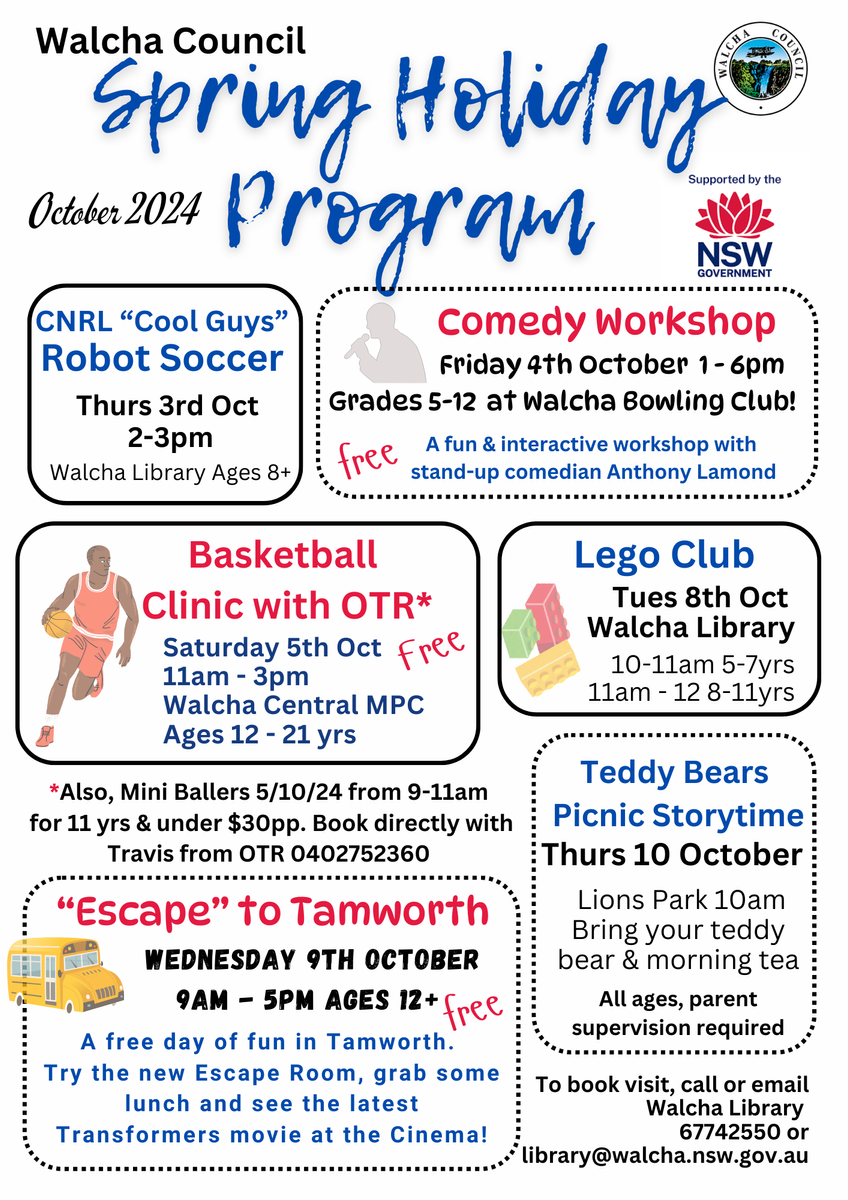

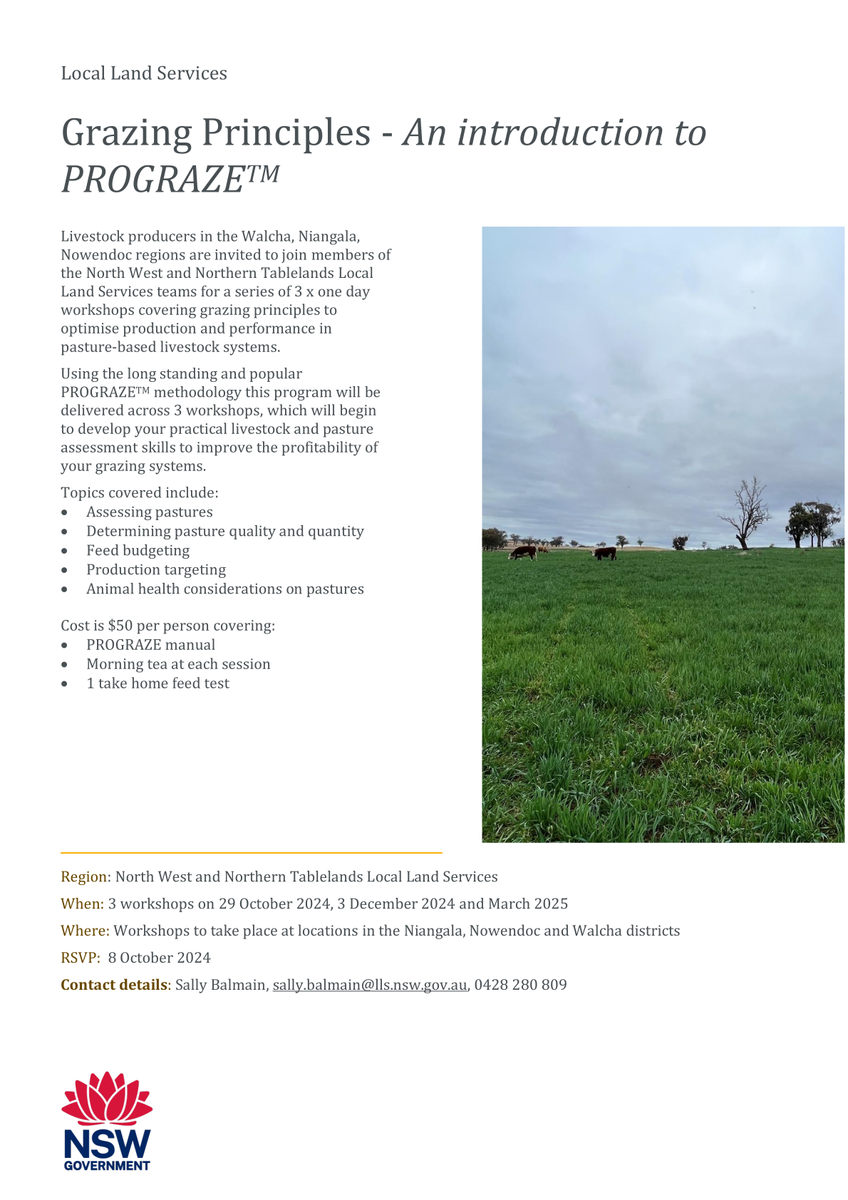

YOUTH MASH UP Holiday Program in Walcha For School Years Yr5 - Yr9
Walcha Presbyterian Church - FREE
Wed 2nd – Fri 4th October, 9.30am – 12.30pm
A mash up of Bible, games, and hobbies such as woodworking and jewellery making, music, other activities, and morning tea.
Register https://docs.google.com/forms/d/e/1FAIpQLSfS70QUUipSjg9LbhSD5rvGcgpJINg7PW8Bh_xjpnQ4ALQwrw/viewform
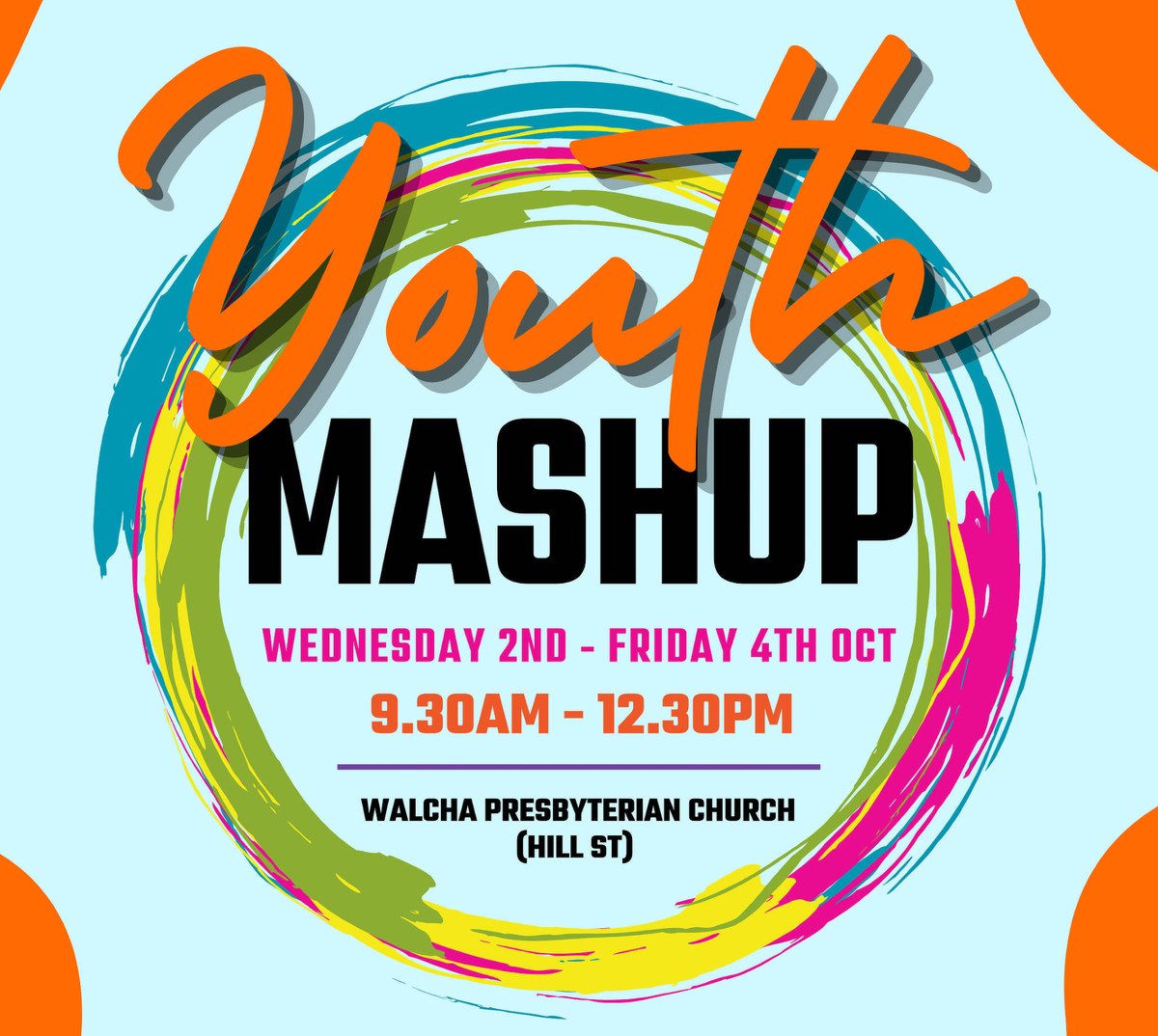

KIDS GAMES Holiday Program in Walcha For School Years K- Yr4 Walcha Anglican Church - FREE Wed 2nd – Fri 4th October, 9.30am – 12.30pmIt's a mash up of Bible, games, and hobbies such as woodworking and jewellery making, music, other activities, and morning tea.
Register https://docs.google.com/forms/d/e/1FAIpQLSfIjvsNgLGb5Rf34MOFftcVhKRMKZ7iBTIhH2xPZ7qdZ_zMOw/viewform
